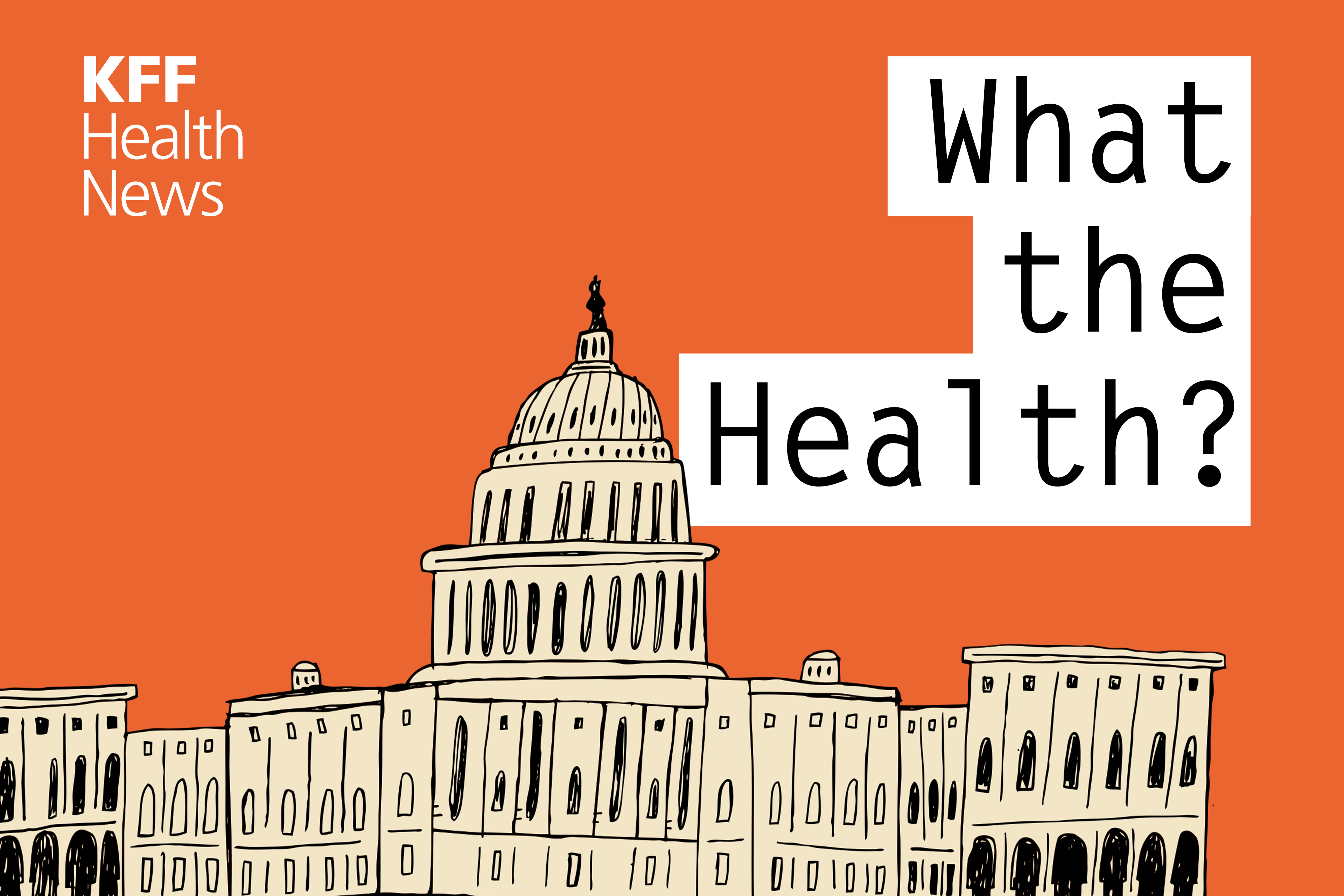The Host
A new analysis finds that graduating medical students were less likely to apply this year for residency training in states that ban or restrict abortion. That was true not only for aspiring OB-GYNs and others who regularly treat pregnant patients, but for all specialties.
Meanwhile, another study has found that more than 4 million children have been terminated from Medicaid or the Children’s Health Insurance Program since the federal government ended a covid-related provision barring such disenrollments. The study estimates about three-quarters of those children were still eligible and were kicked off for procedural reasons.
This week’s panelists are Julie Rovner of KFF Health News, Lauren Weber of The Washington Post, Joanne Kenen of the Johns Hopkins University schools of nursing and public health and Politico Magazine, and Anna Edney of Bloomberg News.
Among the takeaways from this week’s episode:
- More medical students are avoiding applying to residency programs in states with abortion restrictions. That could worsen access problems in areas that already don’t have enough doctors and other health providers in their communities.
- New threats to abortion care in the United States include not only state laws penalizing abortion pill possession and abortion travel, but also online misinformation campaigns — which are trying to discourage people from supporting abortion ballot measures by telling them lies about how their information might be used.
- The latest news is out on the fate of Medicare, and a pretty robust economy appears to have bought the program’s trust fund another five years. Still, its overall health depends on a long-term solution — and a long-term solution depends on Congress.
- In Medicaid expansion news, Mississippi lawmakers’ latest attempt to expand the program was unsuccessful, and a report shows two other nonexpansion states — Texas and Florida — account for about 40% of the 4 million kids who were dropped from Medicaid and CHIP last year. By not expanding Medicaid, holdout states say no to billions of federal dollars that could be used to cover health care for low-income residents.
- Finally, the bankruptcy of the hospital chain Steward Health Care tells a striking story of what happens when private equity invests in health care.
Also this week, Rovner interviews KFF Health News’ Katheryn Houghton, who reported and wrote the latest KFF Health News-NPR “Bill of the Month” feature, about a patient who went outside his insurance network for a surgery and thought he had covered all his bases. It turned out he hadn’t. If you have an outrageous or incomprehensible medical bill you’d like to share with us, you can do that here.
Plus, for “extra credit,” the panelists suggest health policy stories they read this week that they think you should read, too:
Julie Rovner: The Nation’s “The Abortion Pill Underground,” by Amy Littlefield.
Joanne Kenen: The New York Times’ “In Medicine, the Morally Unthinkable Too Easily Comes to Seem Normal,” by Carl Elliott.
Anna Edney: ProPublica’s “Facing Unchecked Syphilis Outbreak, Great Plains Tribes Sought Federal Help. Months Later, No One Has Responded,” by Anna Maria Barry-Jester.
Lauren Weber: Stat’s “NYU Professors Who Defended Vaping Didn’t Disclose Ties to Juul, Documents Show,” by Nicholas Florko.
Also mentioned on this week’s podcast:
To hear all our podcasts, click here.
And subscribe to KFF Health News’ “What the Health?” on Spotify, Apple Podcasts, Pocket Casts, or wherever you listen to podcasts.






















Discussion about this post